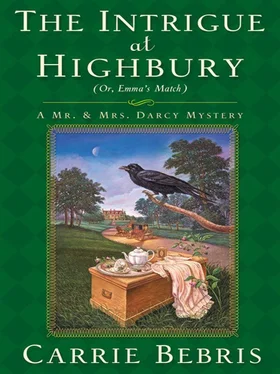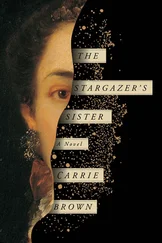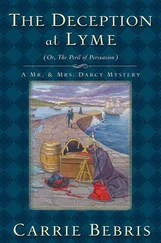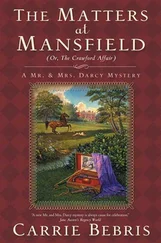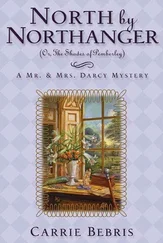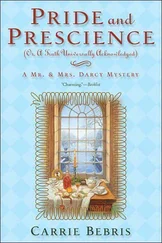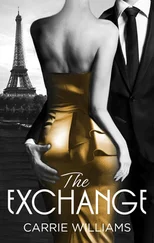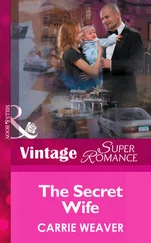Mrs. Bates elected to remain beside the fire with her knitting, but Patty, the Bates’s maid-of-all-work, begged leave to go down for a few minutes. Their departure was delayed while Miss Bates saw to it that her mother was comfortably settled, her spectacles adjusted, her workbag within reach, the fire screen positioned at just the proper distance.
In the time it took the three women to reach the street, still more customers had gathered round the peddler’s cart. Mr. Deal acknowledged Emma and Miss Bates with a nod as he extolled the workmanship of a locket that Miss Cole admired. When he had done, he greeted Emma and asked after her father’s health. The enquiry would please her father very much when she told him, as no topic of conversation delighted him more than discussions of anyone’s health, particularly his own.
Emma then introduced her companion. The peddler bowed to Miss Bates, a generous bow worthy of her former condition in life, and was all consideration. What was she in want of this morning, that he might have the privilege of supplying her?
“I—” Self-consciousness overtook her. “I do not know.”
It was the shortest reply Emma had ever heard Miss Bates utter.
He smiled. “Well, then, if you will allow me, I have a shawl that came into my mind the moment I saw you.”
His warm, genuine manner quite flustered Miss Bates, who, while yet the recipient of gracious conduct from Mr. Knightley, Mr. Woodhouse, and others secure enough in their social stations and in themselves to treat a gentlewoman with courtesy no matter her present circumstances, nevertheless had grown used to a certain amount of patronization from other individuals, particularly those whose own positions had risen as hers had sunk, and who needed to exalt themselves by reminding others of their inferior places. Mrs. Elton was one of these; her husband, though his public conduct was not as overt, in private was little better.
Certainly, the merchants of Highbury, many of them lifelong acquaintances, remained kind to Miss Bates, though her purchases, which had never been extravagant, had dwindled steadily in the years since her father’s passing. But Mr. Deal had a way of addressing a woman, any woman — nay, any person — as if the individual to whom he spoke was the only one present. Even in a crowd, each listener felt singled out. It was this ability, even more than his pleasing countenance, that so strongly drew others to him.
And left Miss Bates, for perhaps the first time in her life, tongue-tied.
Mr. Deal produced the shawl and permitted Miss Bates to put it around her shoulders. It indeed flattered her. Not only did it cover the unattractive old dress she wore, but its ivory hue complemented her coloring, lending her face a softer, warmer tone than the starker white of the shawl she normally wore. And the craftsmanship was lovely: someone had spent considerable time on the knotwork of its fringe.
“It becomes you,” Emma said.
Miss Bates ran her fingertips over the folds of silk draped over her arm. “I do not believe I have ever worn anything so lovely.” She glanced up at Mr. Deal. “How much does it cost?”
Mr. Deal took in her outdated dress, her worn bonnet, and named a price Emma knew to be below what the shawl could have fetched from a more affluent buyer. Yet it was still beyond Miss Bates’s means.
It was not, however, beyond Mrs. Knightley’s. And Emma resolved that only this shawl could adequately complement the new dress she was planning.
“Oh…” Miss Bates stroked the fabric a final time and removed the shawl. “Worth every penny, certainly. Such a lovely garment — every inch of it lovely — I could not possibly — a younger woman ought to have it — yes, a younger woman…”
At that moment, Mrs. Elton approached. She was in conversation with a man Emma recognized as one of the local farmers, although she did not know his name. As they walked, Mrs. Elton held one side of her skirt, the side nearest him, close to herself, as if, though he was not dirty, she feared contamination by the proximity.
Emma was determined to intercept the vicar’s vain wife before she caught a glimpse of the shawl and decided that she was the younger woman who ought to possess it. Emma took the shawl and handed it to Mr. Deal. “I am afraid I cannot tarry, but if you call at Donwell Abbey tomorrow, I shall be there overseeing arrangements for a large party Thursday week, and there are a few items”—she looked pointedly at the shawl—“that I am in want of.”
His expression assured her that he had caught her meaning.
After taking a hasty leave of Miss Bates, Emma walked down the street toward Mrs. Elton and her companion. He was a man of perhaps fifty, and moved slowly for one of his apparent age and state of health. Emma recalled that on other occasions when she had seen him, he exhibited an air of vagueness similar to that of old Mrs. Bates when her deafness prevented her from following a conversation.
“… must be terribly lonely on that farm all by yourself since your brother died,” Mrs. Elton was saying.
“Abe, he took — he took — he took good care a’ me.”
“I am quite sure he did. And the farm is all yours now?”
“It — it is, ma’am. All mine.”
He spoke as slowly as he walked, as if he had to stop and remember how to form each word before he could articulate it. Emma realized with a start who he was.
The half-wit to whom Mrs. Elton thought to marry off Miss Bates.
Emma smiled in secret satisfaction. She was well on her way to thwarting Mrs. Elton’s plan. Any of the guests at the Donwell party would make a better husband than the village idiot. And armed with Emma’s dress and the peddler’s shawl, Miss Bates would surely impress one of them. Of this, Emma was certain.
She glanced back at Miss Bates before crossing to waylay Mrs. Elton. A section of the spinster’s upswept hair had become loose, allowing grey tendrils to hang down lopsidedly. Emma sighed.
Almost certain.
“Frank Churchill is, indeed, the favourite of fortune...
His aunt is in the way. — His aunt dies.”
— Mr. Knightley ,
Emma
The London wedding of Frank Churchill and Jane Fairfax was a quiet, intimate affair limited to immediate family. Such would have been the bride’s preference in any case; Miss Fairfax was a lady of reserved nature, who eschewed loud crushes and ostentation. As the groom’s aunt had died unexpectedly only a few months before, Frank was equally in favor of demonstrating restraint on their nuptial day. All knew that the proud, temperamental woman who had raised him would have opposed the match between the Churchill heir presumptive and an accomplished but genteelly impoverished orphan; only old Mrs. Churchill’s death had enabled their clandestine engagement to be revealed and the marriage to take place. To conduct the event with excessive gaiety, particularly whilst his uncle yet mourned, would have appeared disrespectful and held an air of celebrating Agnes Churchill’s untimely demise as in fact fortuitous. So a small company partook of the wedding breakfast following the ceremony, deferring more expansive and convivial recognition of the union until the party at Donwell Abbey.
After a few additional days in London, the bridal party traveled to Highbury. The newlyweds and Frank’s uncle, Mr. Edgar Churchill, would stay at Randalls during the Donwell festivities, then journey north to Yorkshire so that Jane could settle at Enscombe. Though the Churchill estate would not belong to Frank until after his uncle passed away, Jane would serve as mistress of the house and continue in that capacity until it was hers by right, unless Edgar Churchill should remarry in the interim. It was a role all expected she would perform with more graciousness and generosity than had her predecessor — all, that is, except Mr. Edgar Churchill, who, while not insensible of his late wife’s faults, had through inaction condoned them during her life, and through the softening effects of memory diminished them since her death.
Читать дальше
